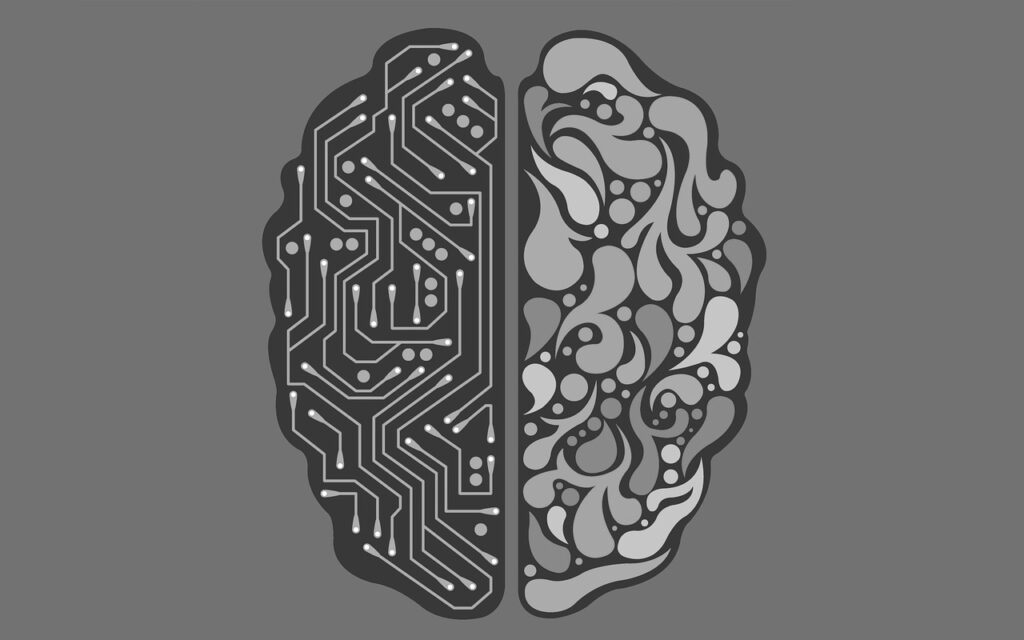The distinction between knowledge and information is, I think, fundamental.
~Charlotte Mason
We’ve all been hearing a lot about AI and ChatGPT lately and many are concerned about how it will affect us. I’ve heard some predict that it will be as significant historically as the Gutenberg Press. How will it affect our children and the education we focus on? Well, before we look at what it might mean for us today, let’s consider the distinction between knowledge and information made by a 19th-century educator:
Information is the record of facts, experiences, appearances, etc., whether in books or in the verbal memory of the individual; knowledge, it seems to me, implies the result of the voluntary and delightful action of the mind upon the material presented to it. … Perhaps the chief function of a teacher is to distinguish information from knowledge in the acquisitions of his pupils. Because knowledge is power, the child who has got knowledge will certainly show power in dealing with it. He will recast, condense, illustrate, or narrate with vividness and with freedom the arrangement of his words. The child who has got only information will write and speak in the stereotyped phrases of his text-book, or will mangle in his notes the words of his teacher.”
It’s an interesting subject to consider. Fast forward to today, here’s what ChatGPT composed in a few seconds when I asked it to write an essay on the difference between knowledge and information:
“The distinction between knowledge and information is a subject of ongoing debate in philosophy, cognitive science, and the information age. Both concepts are related but distinct, and understanding the difference between them can be important in various fields and contexts.
Information refers to data or facts that are conveyed or received. Information can take many forms, including text, images, audio, and video, and can be organized or unstructured. Information can be objective or subjective, accurate or inaccurate, and relevant or irrelevant, depending on the context and the source.
Knowledge, on the other hand, refers to a deeper understanding or comprehension of information. Knowledge is often described as information that has been processed, organized, and assimilated, and that can be applied to new situations. Knowledge is often seen as more valuable than information because it has been transformed into a form that can be used to make decisions, solve problems, and support personal or organizational goals.
In other words, information is a necessary but not sufficient condition for knowledge. Knowledge requires information, but also requires the ability to process, understand, and apply that information to new situations. For example, having information about a particular subject does not guarantee that someone has knowledge about that subject. To have knowledge, someone must not only have information but also be able to understand and use that information in meaningful ways.
In conclusion, the distinction between knowledge and information is important because it highlights the difference between raw data and processed understanding. Understanding the difference can be useful in many contexts, including education, research, and decision-making, as it can help individuals and organizations prioritize and focus on what is truly valuable and useful.”
Our children will most definitely have access to this new technology, won’t they? What do you think is most important in their education? We encourage you to look around at the other articles on this site to learn about alternate methods of schooling that focus beyond mere information.

